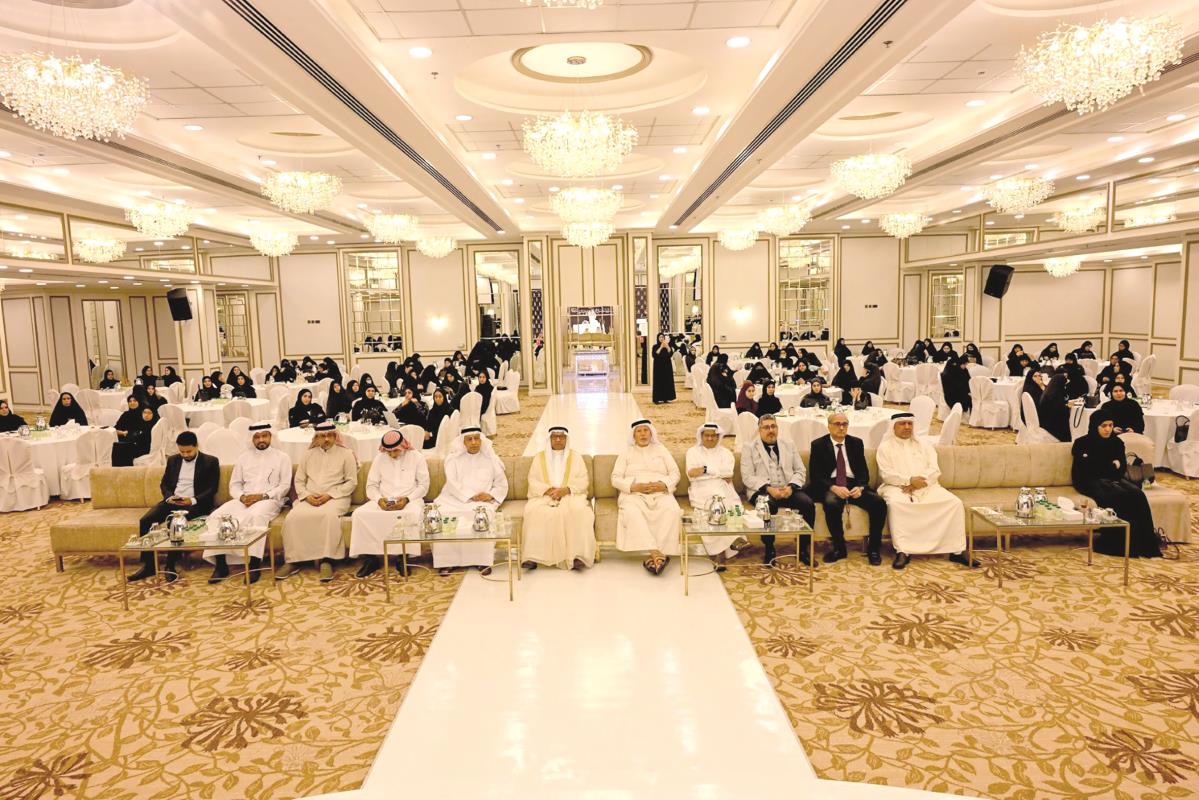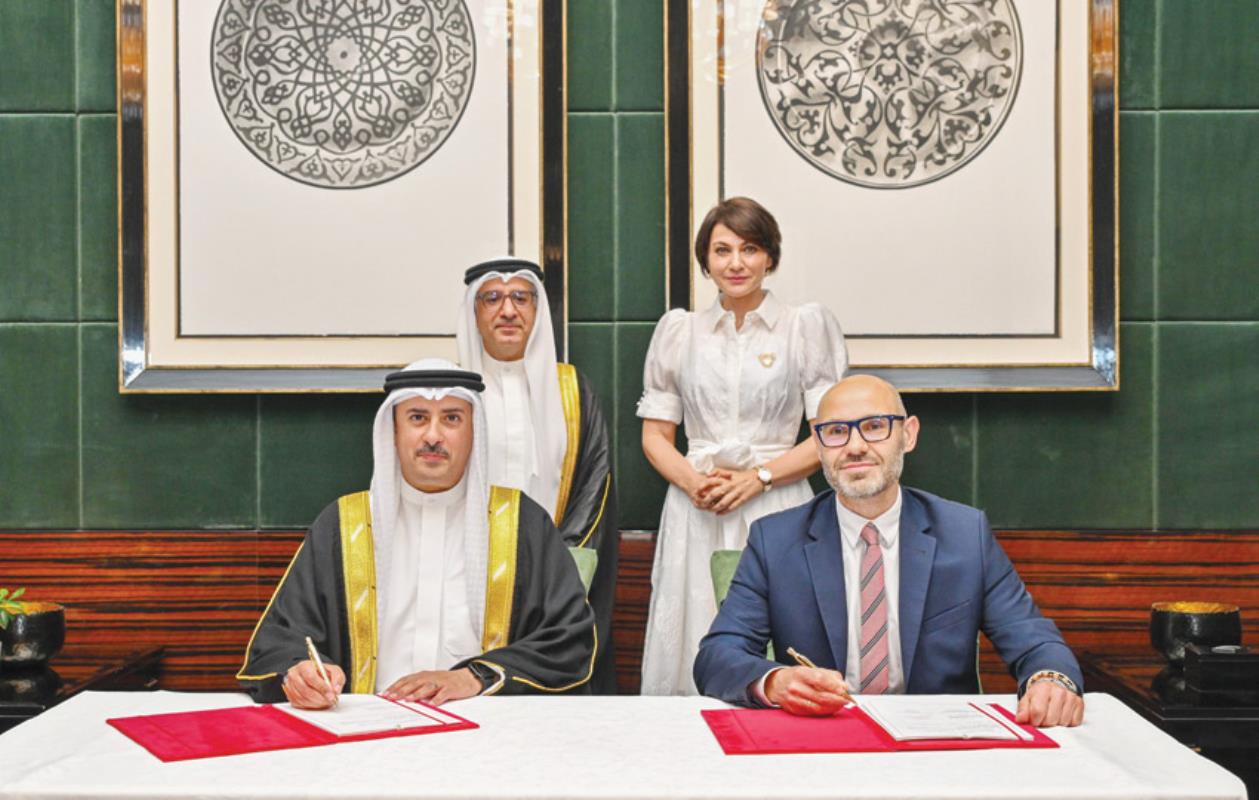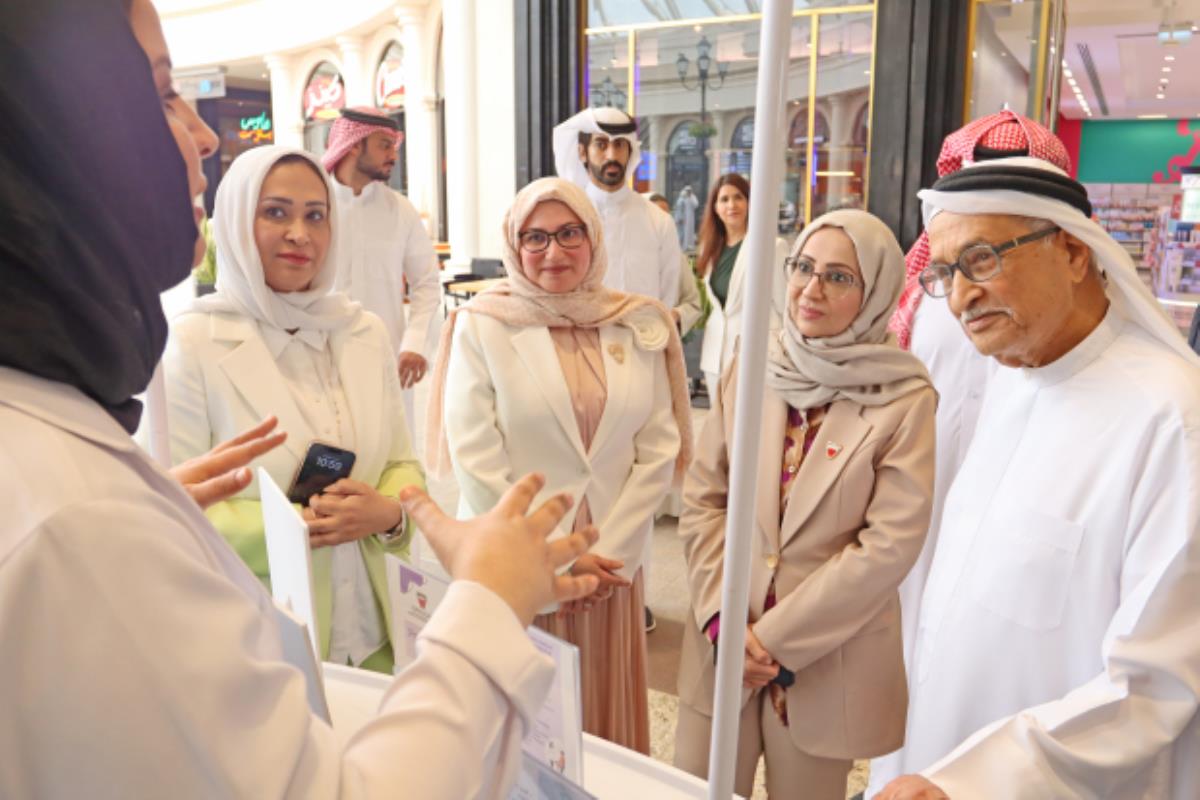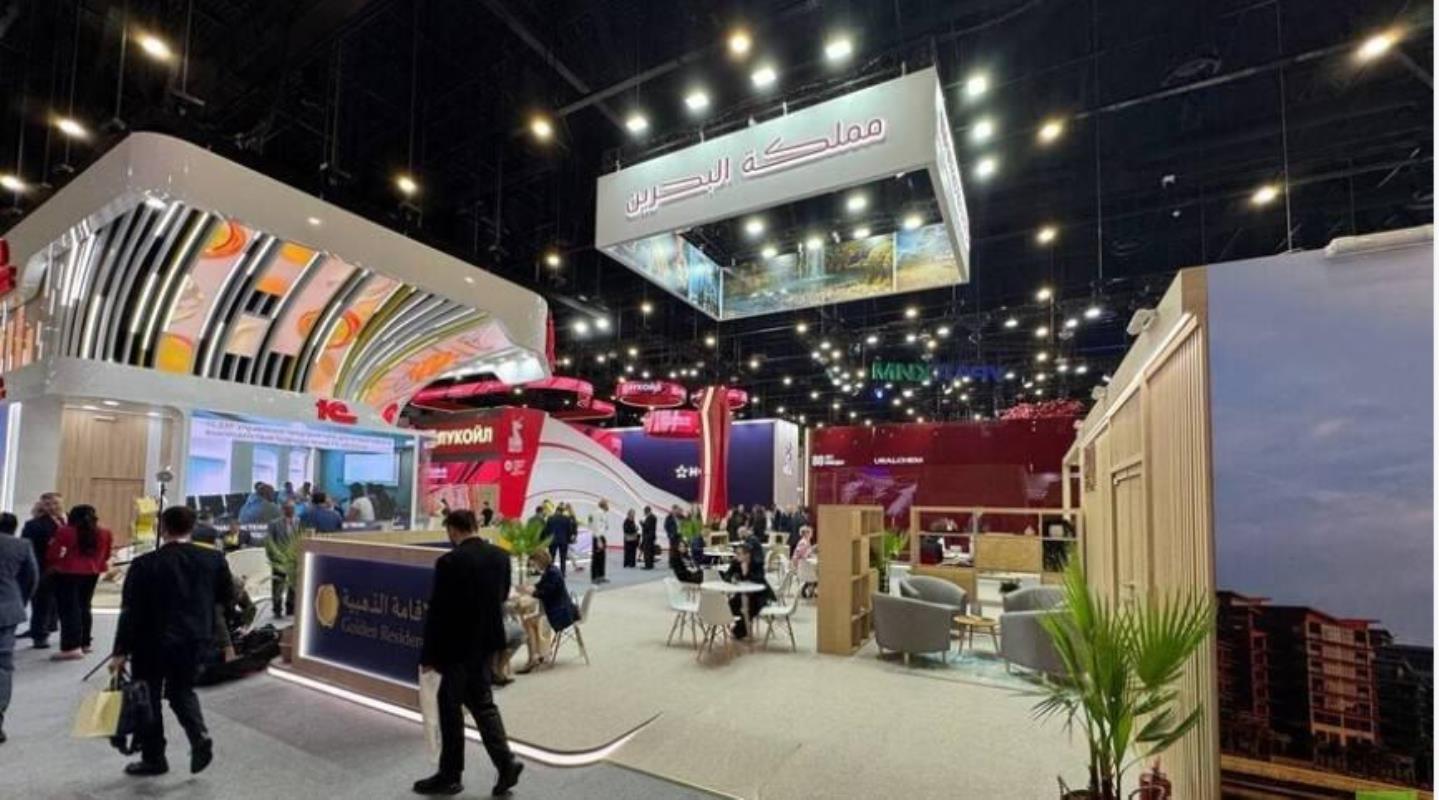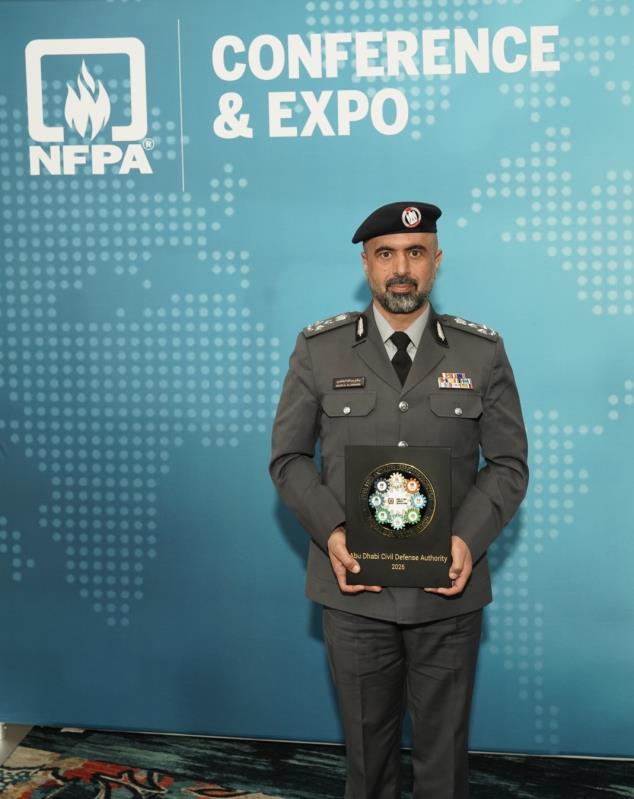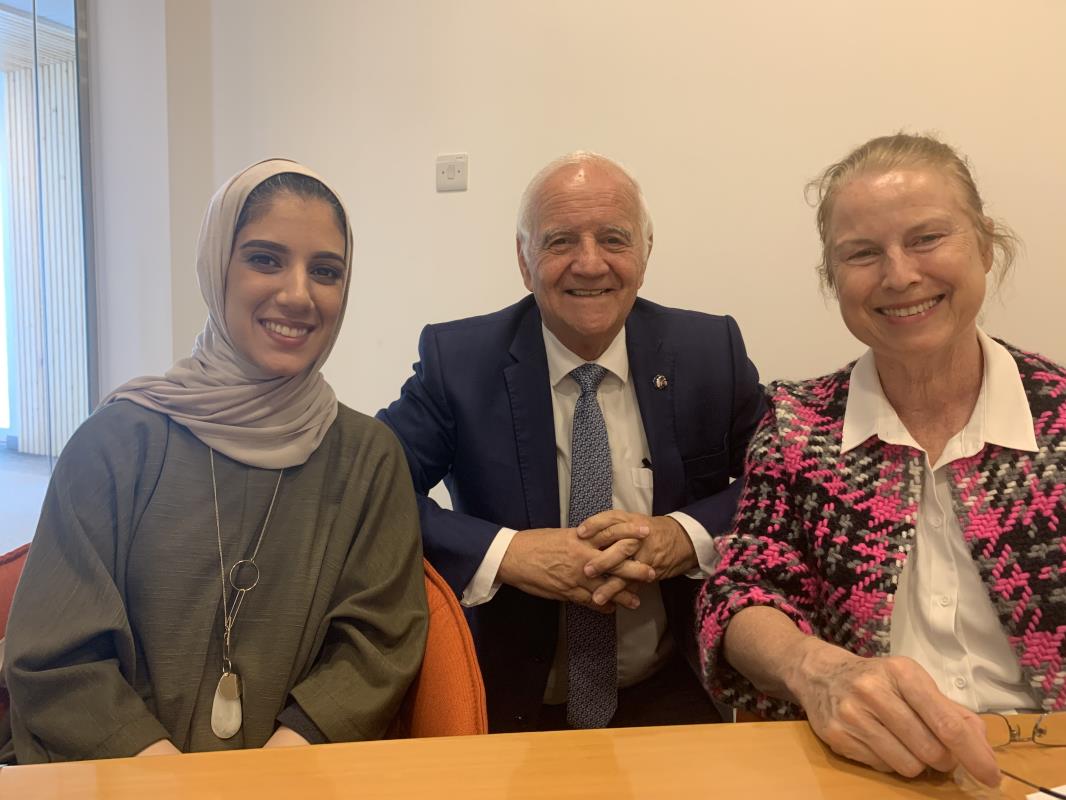
Over the decades, tourism has experienced continued growth and deepening diversification to become one of the fastest growing economic sectors in the Middle East. Modern tourism is closely linked to development and is a key driver for socio-economic progress.
Today, the business volume of tourism equals or even surpasses that of oil exports, food products or automobiles. The COVID-19 pandemic has brought the global economy to a complete halt, redefining our basic 'normal' lives. This global health crisis, in a short period, has impacted both lives and livelihoods. It has led to an overloading healthcare system in some countries, job losses, companies going out of business and turbulence in the stock markets. However, among all the mayhem, this crisis has presented us with an unexpected opportunity – a chance to bring a much stronger focus on sustainable tourism.
The need
Tourism has always been a harbinger of development not just in cities and towns, but even in the remote and inaccessible areas globally. The infrastructure created in tourism pockets across the world speaks for itself. Outbound travel from GCC countries to European destinations has benefited from the unprecedented growth in air travel during the past decade, with Gulf carriers becoming major players in long-haul aviation. Air connectivity between Europe and the GCC has seen exponential growth, providing easy access to travel between the two regions. In the GCC, per-capita international tourism spending was 6.5 times higher than the global average, with expenditure estimated to be more than USD 60 billion in 2017.
To ensure it continues playing its role in the future, companies and destinations in the region should take advantage of the learnings from the current crisis to make far-reaching structural changes to the tourism sector, starting with a reflection on its sustainability. This pandemic has the potential to force a change in the way we do things, thereby ensuring long-term human survival.
Gone are the days when sustainability was simply interpreted as anything to do with the environment alone. It now has a much broader connotation and includes social, cultural, economic and physical aspects of a destination. There can be no 'one size fits all' approach. What's important now is for all stakeholders to work together to emerge out of the current crisis by making tourism more sustainable. Policymakers should facilitate an environment where the industry, the tourists and other stakeholders are encouraged to act on sustainability.
The way forward
Tourism is one of the sectors whose greening could increase prosperity, create employment and reduce poverty. In addition, tourists are increasingly demanding the greening of tourism. Tourism development should hence have a sustainable approach, to be able to promote growth in the long-term while maintaining a balanced use of resources.
It's time that sustainable tourism as a thought goes mainstream, rather than being fragmented at present, just like the travel industry. This should be supported at local, national, regional and international levels.
Everyone in the travel ecosystem will have to show a commitment to make tourism sustainable. It's not a choice anymore, but a necessity, as most travellers will now increasingly prefer holidaying with companies that show commitment to green, environment and socially friendly practices. Food for thought for the trip rating agencies can be rating travel companies and destinations by travellers on their sustainability quotient and their ESG (Environment, Social, Governance) score.
Besides companies, efforts should make destinations and travellers aware as well as accountable for any impact they leave behind. Together these stakeholders can play a critical role in ensuring that the tourism sector measures up to its expectations. As local communities across the world will seek enhanced prosperity and living conditions without making any compromises, authorities handling destinations and businesses must come together to streamline tourism activity, manage the rising number of visitors and meet theirs as well as the locals' expectations. Proven and accepted standards in responsible travel must be adapted as well as a change to paperless and plastic-free touchpoints replaced by as much digital experience as possible. Before, during, and after our travels.
This crisis will result in how authorities manage oversaturated destinations, lead to improved communication, and stronger adaptability of online channels for communication.
It's a fact that small businesses, the backbone of the tourism ecosystem, have been put under a test of resilience due to severe financial constraints. However, I firmly believe that this time of emergency is an opportunity for all the stakeholders to come together, support each other, and focus on bouncing back more robust, with sustainability ingrained into their DNA. Not only for travel infrastructure but also in terms of human rights and fair pay to people being part of the tourism industry.
While the responsible travel movement was already gaining momentum before the crisis, adopting a holistic approach to sustainability can only be beneficial for the tourism industry going forward. The challenge for destinations, companies and travellers is now to collectively learn from this global tragedy and accelerate the transformation of sustainable and much more responsible tourism to be prepared and resilient when the next crisis knocks our doors!
preprocess




















































